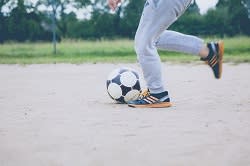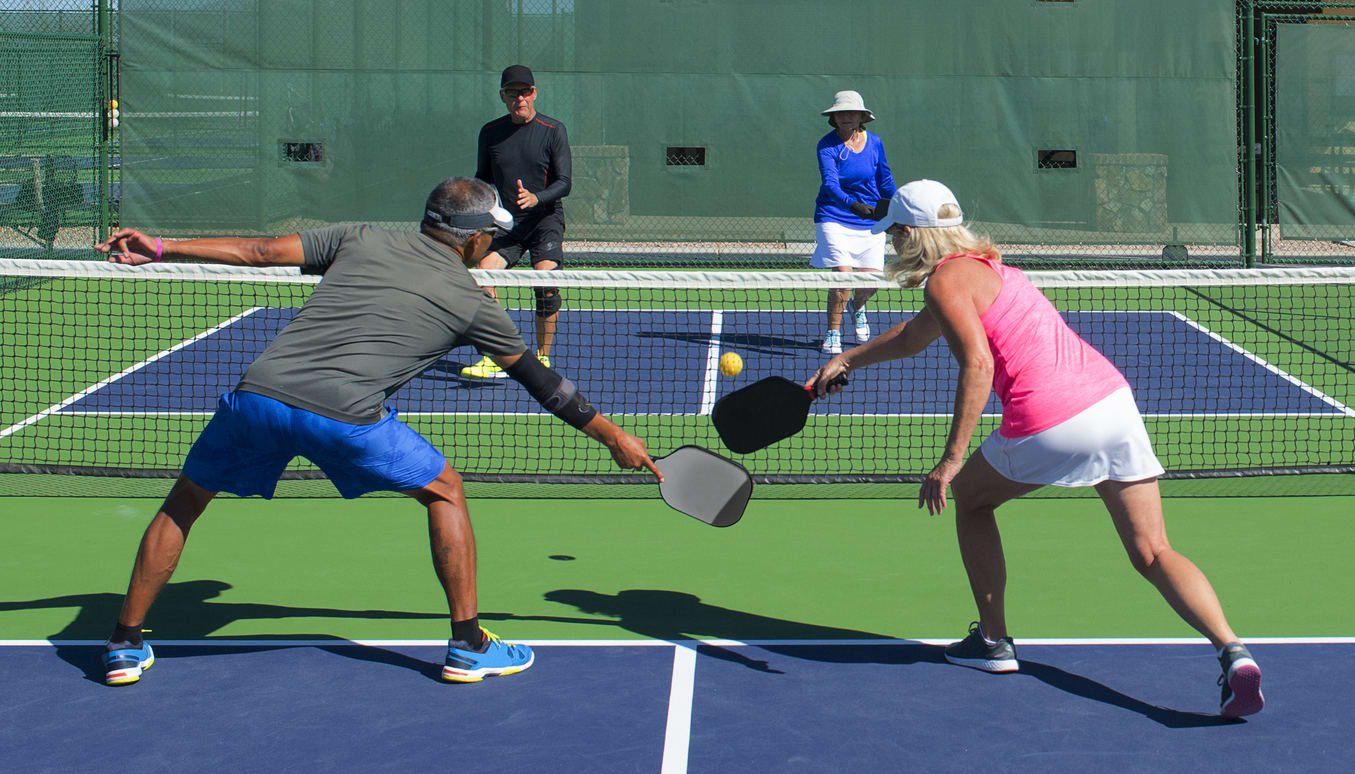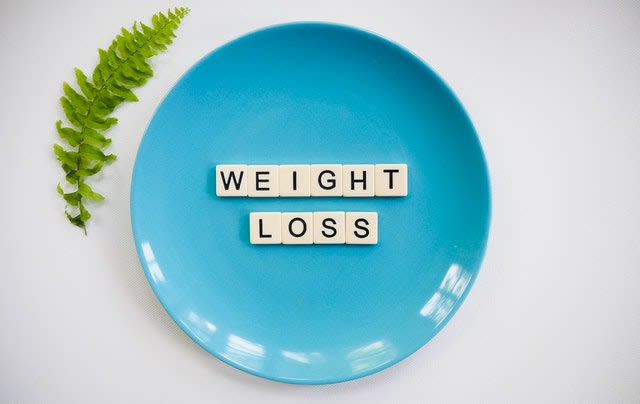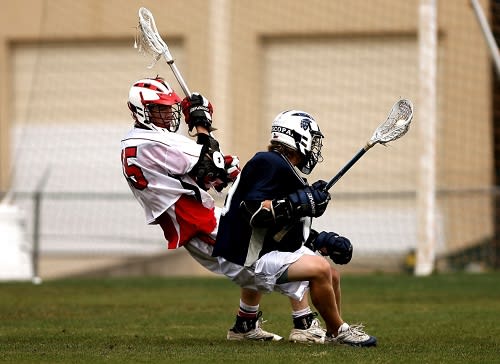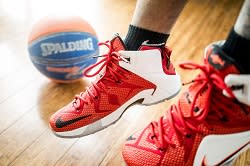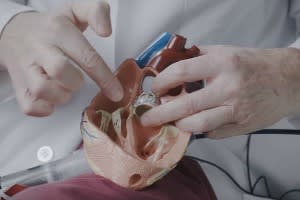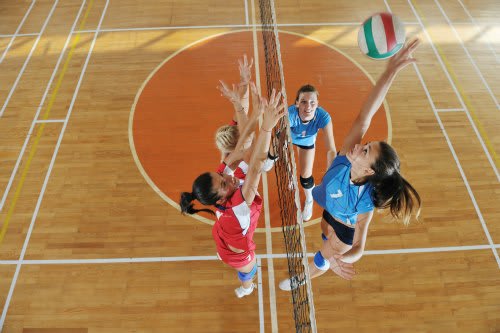Sever's Disease in Youth Athletes
Published: November 14, 2016l
By Robert Weiss, DPM
One of the most common soccer injuries we have seen is the large number of young soccer players complaining of heel pain. This problem is often caused by a condition known as apophystis of the calcaneus (heel bone) or Sever's Disease.
This condition consists of an inflammation of the growth area (heel plate) of the heel bone which has not completely matured, or closed together, and has developed in two parts. It is most commonly seen in boys and girls between the ages of ten to fifteen. The pain is usually present in the back of the heel and is more pronounced in running and jumping sports. Sometimes there is a limp in the child's gait, of which he may not even be aware. It has been described as an osteochondrosis, which is a loss of blood supply to the apophysis of these young athletes will usually complain of a dull, painful sensation in the area directly behind the heel.
In addition to the trauma and stress created by soccer and other running sports, there are other contributing factors that result in the inflammation of the growth plate. These include biomechanical foot imbalances of abnormal pronation (inward rolling of the feet), or a high-arch foot, cleated of improperly fitting shoes and improper training methods.
Treatment consists of X -ray evaluation to make a proper diagnosis and to rule out any bone fractures. An orthotic insert is often needed to correct the biomechanical imbalances which may be causing a jamming effect on the heel plate. In addition, eliminate the use of any cleated shoes with less than four cleats in the heel area. In summary, watch for any warning signals; when a child complains of heel pain, there is usually a need for examination.
Featured Expert/ Author


